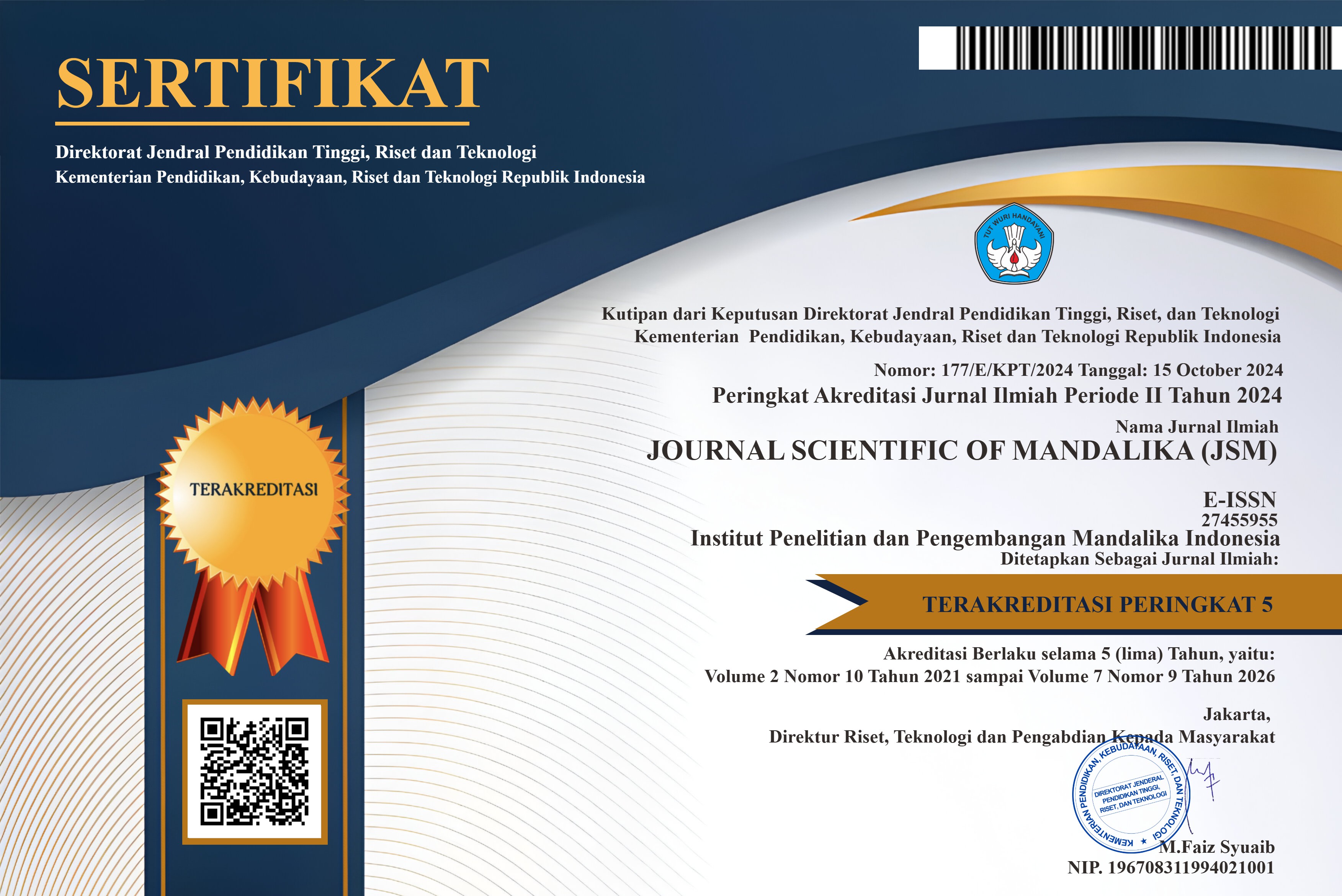Implikasi Kecerdasan Emosional dalam Praktik Klinik Keperawatan: Systematic Literature Review
Abstract
Emotional intelligence (EI) has an important role in improving the quality of nursing care and nurses' emotional well-being in the clinical environment. EI enables nurses to effectively manage emotions, show empathy, and make appropriate decisions in stressful situations. This article aims to explore and analyze the role of EI in nursing clinical practice using the Preferred Reporting Items for Systematic Reviews and Meta-Analyses (PRISMA) method. A literature search was conducted in electronic databases such as PubMed, Scopus, and CINAHL using the keywords “emotional intelligence,” “nursing practice,” and “clinical nursing”. Inclusion criteria included articles published within the last 5 years, focusing on EI in clinical nursing practice, and using quantitative or qualitative methods. Of the 150 articles identified, 25 articles met the inclusion criteria and were analyzed in depth. The results of the review showed that EI contributes significantly to improving therapeutic communication, effective decision-making, and emotional resilience in the clinical environment. Nurses with high EI are better able to cope with work pressure and have lower levels of burnout. Nonetheless, EI training in educational and clinical settings is still limited, and the integration of EI in the nursing curriculum requires a systematic approach. Conclusion EI development among nurses is very important.
Copyright (c) 2025 Wildan Akasyah, Winanda Rizki Bagus Santosa

This work is licensed under a Creative Commons Attribution-ShareAlike 4.0 International License.














